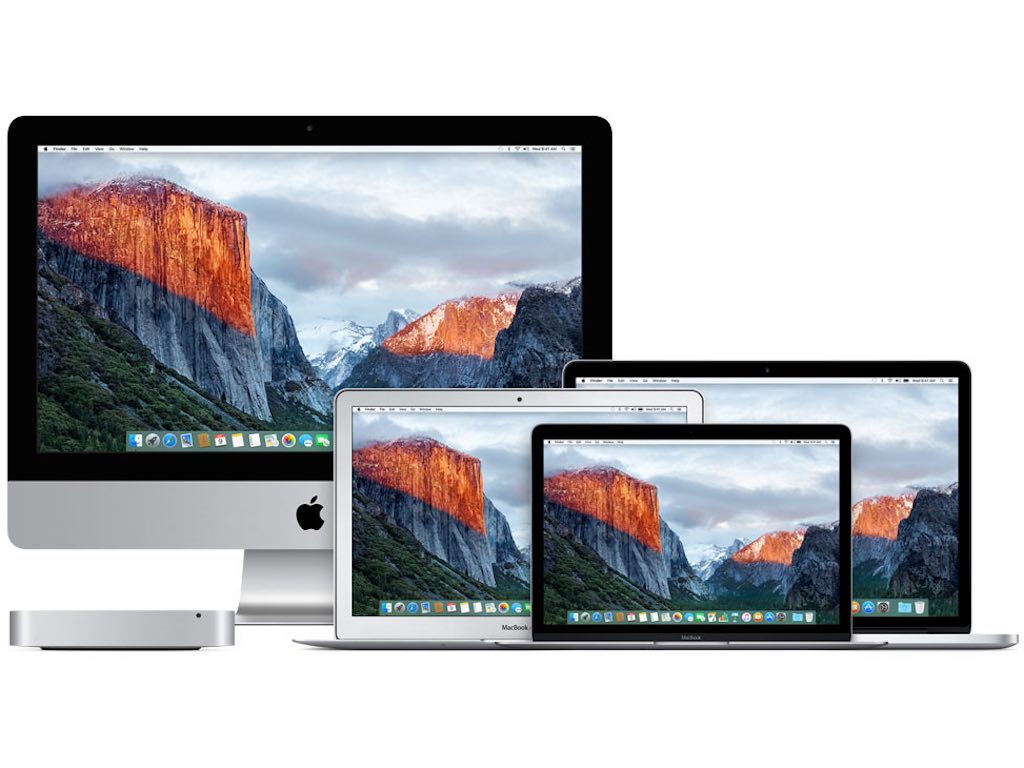
A computer for your home used to be a nice-to-have, but these days it’s not really an option, especially if you have kids. But what kind of computer would make the best choice for your family: laptop or desktop? I put together a list of factors to consider that should help you to pick the right option.
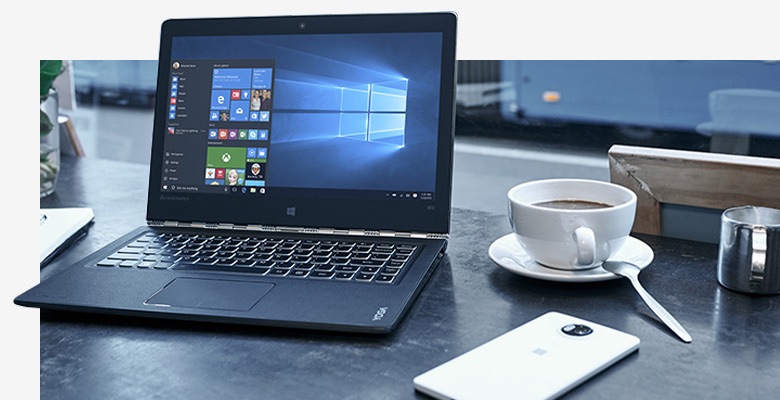 Portability
Portability
I’m going to start this off with the key difference between a laptop and a desktop PC: portability. A laptop is completely self-contained. Everything is build into a single case, including the display, keyboard and with its battery it can be used for hours without even needing access to an electrical outlet. Laptops are designed to be easy to carry as well; they’re thinner and lighter than ever.
If you anticipate needing to move your computer from room to room, depending on who’s using it, or if there’s any chance your kids might need to take it to school, then a laptop is a no-brainer. If portability isn’t a deal-breaker, it’s time to dig deeper.
How Much Power Do You Need?
The next significant difference between laptops and desktop computers is how much power they can pack. By power, I mean processing power and graphics capabilities.
The current generation of laptops can do very well on both fronts, but there are limits. Even a gaming laptop can only be so big. The space available for components, battery consumption and heat generation means that laptops can only go so far when it comes to power. So even in a high end laptop, you end up with mobile versions of CPUs and graphics cards. The names may sound the same (for example Intel offers the Core i7 for laptops and desktops), but the desktop version is always more powerful.
For most people, this won’t be an issue. A high end laptop can keep up with pretty much anything, from editing video to working with large spreadsheets. However, if someone in the house is a PC gamer who wants to play the latest titles at maximum resolution, with all the effects cranked up, get a desktop computer.
Desk Space
This one probably isn’t going where you think it is. If you have limited desk space to set up a home computer, the knee jerk reaction is to choose the laptop.
You should look at desktop PC options too, because some of them can actually take up less desk space than a laptop.
First, that “desktop” computer can actually be set up on the floor, under the desk. The only thing on the desk top itself is the monitor, keyboard and mouse. Monitors are typically mounted on stands that have a smaller footprint than a laptop. The keyboard and mouse (go wireless to avoid clutter) can be tucked under the monitor or in a drawer when not in use. You can even wall-mount many computer displays, using a VESA mount.
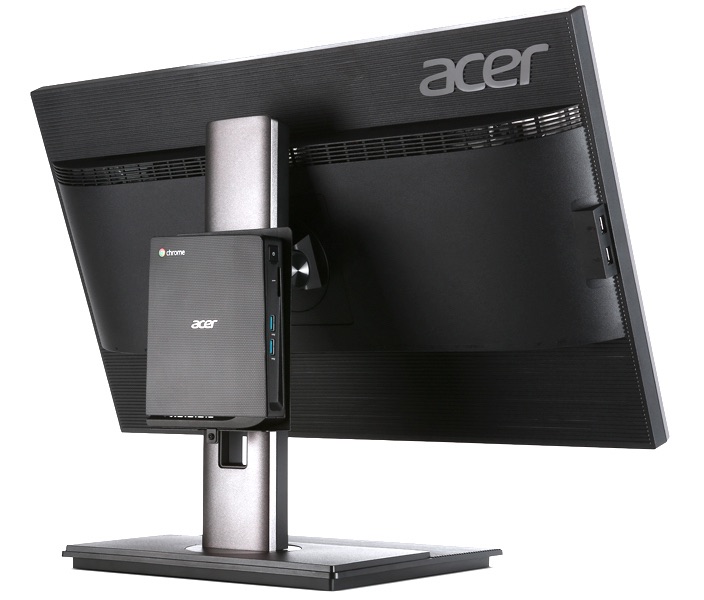
The desktop PCs themselves are also available in much smaller cases. For example, the Acer Chromebox pictured above is small enough it can be mounted behind a display using a special bracket. If you really want to go to extremes (and processing power is not a concern), you can even buy a PC in HDMI stick form, and plug that into a TV or monitor.
Finally, there are All-in-One desktop computers. I have a 27-inch iMac and a 13-inch MacBook Air in my office. Guess which one takes up the least amount of desk space? The iMac ..’
Display Size and Resolution
If you want a big display or a high resolution display—or both—a desktop PC should win hands down, right?
Actually, this is another of those tricky ones. If you want to enjoy Ultra HD resolution, 4K displays have made their way into laptops now. I just finished testing an ASUS ZenBook 4K that has a 15.6-inch display at 3840 x 2160 resolution. So it’s not only fairly big, it’s incredibly sharp.
However, if you want bigger than the 17-inches most laptop displays max out at, don’t forget that laptops have the same option to run external displays that desktop computers have. Many also have enough onboard video power to drive an external 4K display. So you can choose a laptop that connects to a big screen, 4K display when it’s used at its regular workspace, just like a desktop computer. Unlike that desktop, the laptop is still portable and when connected to the external monitor, its’ own display acts as a second screen—and multiple screen are a real productivity boost!
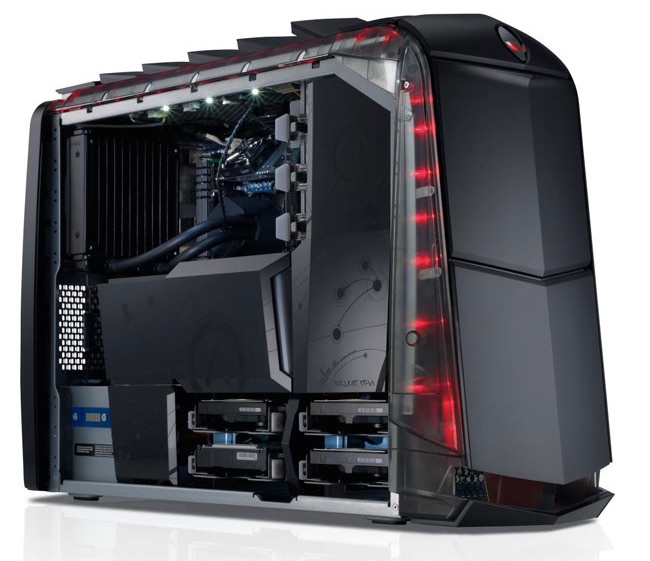 Upgradability
Upgradability
This is one area where the gap is actually widening between laptops and desktop PCs, and it’s the desktops that are in the lead.
Do you want to have the ability to upgrade your computer over time? Some people prefer to replace their computer every few years, but some prefer to swap out components for the latest and greatest.
Some laptops still give you relatively easy access to replace key components like RAM and storage. But that is pretty much it for upgradability. The cutting edge ultra-thin laptops that have become increasingly popular gain some of their sleekness by tightly integrating components, making them even less upgradable. So in the latest Apple MacBook (to pick a popular example), the RAM and SSD are soldered to the logic board and the battery is glued down. There are literally no user-upgradable components in this particular laptop.
Pick any desktop PC and opening the case is usually a matter of removing a screw. Virtually any component can be replaced or upgraded, including RAM, storage, network cards and the graphics card. With some, you can also replace the CPU. Many desktop PCs ship with empty expansion slots so you can supplement what’s already there—adding a super-fast SSD to the factory installed hard drive, for example.
If you’re an upgrader, the Desktop PC is probably the better choice.
At the end of the day, the choice between laptop and desktop can still be a tough one to make. There are some easy calls: portability means a laptop, upgradability means a desktop PC. But other factors will depend on how your family will use the computer. The good news is that if you reach the stage where it could go either way, there are plenty of excellent laptops and desktops to choose from. At that point it comes down to factors like personal preference and budget.


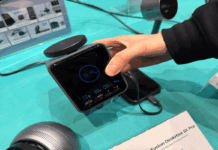
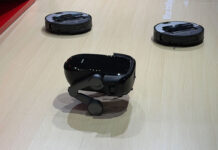
Thank you so much for this comprehensive post. I devoured it, being a completely non -techie person that is about to embark on blogging. EG, Creativity in spades, but clueless about laptop specs! I feel much more confident now to go in to stores and discuss what I need. You’ve saved me a lot of time and frustration 🙂
Best of luck on the blogging! And thanks for the comment, hope you find the perfect laptop.
Hi there, I’m in need of a new computer or laptop, I’m not looking for anything fancy n not wanting to spend a rediculous amount of money. The only thing I need it for is to use the Sage 50 accounting program as I do my husbands books and the internet to send out his invoices is all I use it for. Can u recommend me what kind of device I should get as I don’t know much about computers that would be durable n provide me with these needs?
Hello, I’m looking for a very basic keyboard that is designed to be ‘simple to use’. So that seniors and kids can find what they need. without much difficulty. Can you recommend some keyboards or laptops that are simple to use. Thank you!
Hi, Diane. All keyboards use generally the same format and layout, but there are a few ways to keep things as simple as possible. If you’re concerned about ease of use, plug-in USB is the dead easiest to set up and won’t require changing batteries or charging. Beyond that, I would suggest full-sized (with a standalone numeric keypad and function keys) and English-only (not bi-lingual). Full-sized means no keys are made smaller to fit in a compact frame, numeric keyboard makes entering numbers easier, standalone function keys keeps the labels on them simpler (they aren’t doing double duty as numeric keys) and out of the way of general use, and English-only means the key functions are easier to read.
Something like this:
http://www.bestbuy.ca/en-ca/product/hp-hp-usb-wired-keyboard-black-qy776ataba/10433969.aspx?path=ca35a8df7e7ad1bcdce86bd67ced8f1cen02
Look for the same sort of setup on a laptop, which means going with a larger screen (15-inches or up), otherwise the keyboard can be pretty compressed.
If you’re looking for ease of use with a computer/laptop in general, I’ve always chosen Macs for relatives who are less familiar with PCs and where I’ll be the one providing remote help. But if you pop into a Best Buy and talk to Geek Squad, they might be able to help you out with some suggestions.
Cheers,
Brad.
Comments are closed.